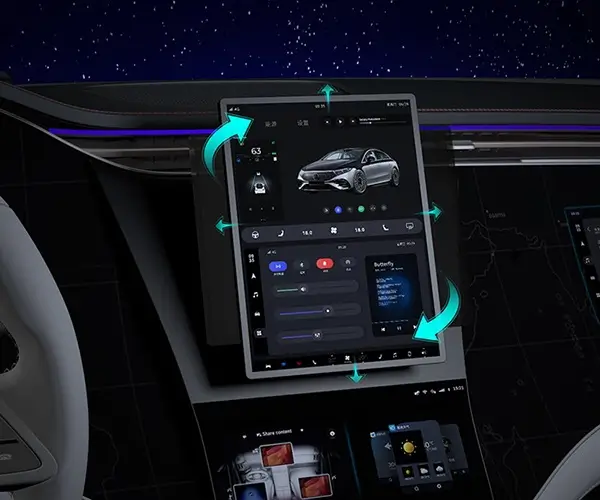Imagine you’re building a giant Lego city. Each Lego block isn’t just sitting there; it’s constantly communicating, exchanging pieces, forming something bigger than itself. That’s kind of how microservices work in Java. Tiny, independent modules – each with its own job – still need to chat, share data, and coordinate actions. How do they do that? Well, Java makes it pretty flexible, with a handful of common ways to keep those microservices talking.

First, let’s talk REST APIs. Think of them as your friendly neighborhood couriers. Each microservice provides a set of endpoints — simple URLs that other services can send requests to. It’s like ordering a pizza: you ask for updates, toppings, whatever — and the pizza joint responds with exactly what you asked for. Java frameworks like Spring Boot make it dead simple to expose REST endpoints and handle incoming requests with minimal fuss.
But what if you need real-time whispers rather than simple calls? That’s where message brokers come in. Think of them like the chat rooms of your Lego city. Microservices send messages into a shared space—say, Kafka or RabbitMQ — and others listen in. When a new order comes in, one service pushes a message; another service picks it up and acts on it. It’s asynchronous, resilient, flexible. Underneath, Java clients interact seamlessly with these message queues, letting your microservices stay loosely coupled but tightly coordinated.
Say a service needs to broadcast a quick update to many other services at once, like a city alert. Publish/subscribe patterns make that happen. Java can leverage libraries that bind onto brokers, letting one message instantly reach all interested subscribers. Suddenly, the town knows what’s up—no one is left out.
And let’s not forget service discovery. How do services find each other in a sprawling system? Tools like Consul or Eureka are popular choices, helping microservices locate the right services when they need to connect. Java integrates with these tools smoothly, letting each service register itself and discover others dynamically.
What about security? Microservices chatting in Java aren’t just whispering to each other—they’re often safeguarded using JWT tokens or SSL tokens, making sure only the right folks are talking. This keeps your Lego city’s conversations safe from prying eyes.
All these methods can be combined, layered like a well-constructed puzzle. REST for straightforward requests, messaging for asynchronous workflows, service discovery for flexibility, and security to keep everything locked tight. That's the magic of microservices communication in Java—powerful, flexible, and ready for the complexities of real-world needs.
It’s like crafting your own mini-internet inside your application. You get to choose the best way for each piece to talk, adapt as you go, and keep your system agile. That’s what makes Java such a go-to language for microservices; it’s a toolbox packed with options that scale and evolve. Designing communication isn’t just about passing data—it’s about creating a resilient, flexible, smart system that grows with you.
Established in 2005, Kpower has been dedicated to a professional compact motion unit manufacturer, headquartered in Dongguan, Guangdong Province, China. Leveraging innovations in modular drive technology, Kpower integrates high-performance motors, precision reducers, and multi-protocol control systems to provide efficient and customized smart drive system solutions. Kpower has delivered professional drive system solutions to over 500 enterprise clients globally with products covering various fields such as Smart Home Systems, Automatic Electronics, Robotics, Precision Agriculture, Drones, and Industrial Automation.




































